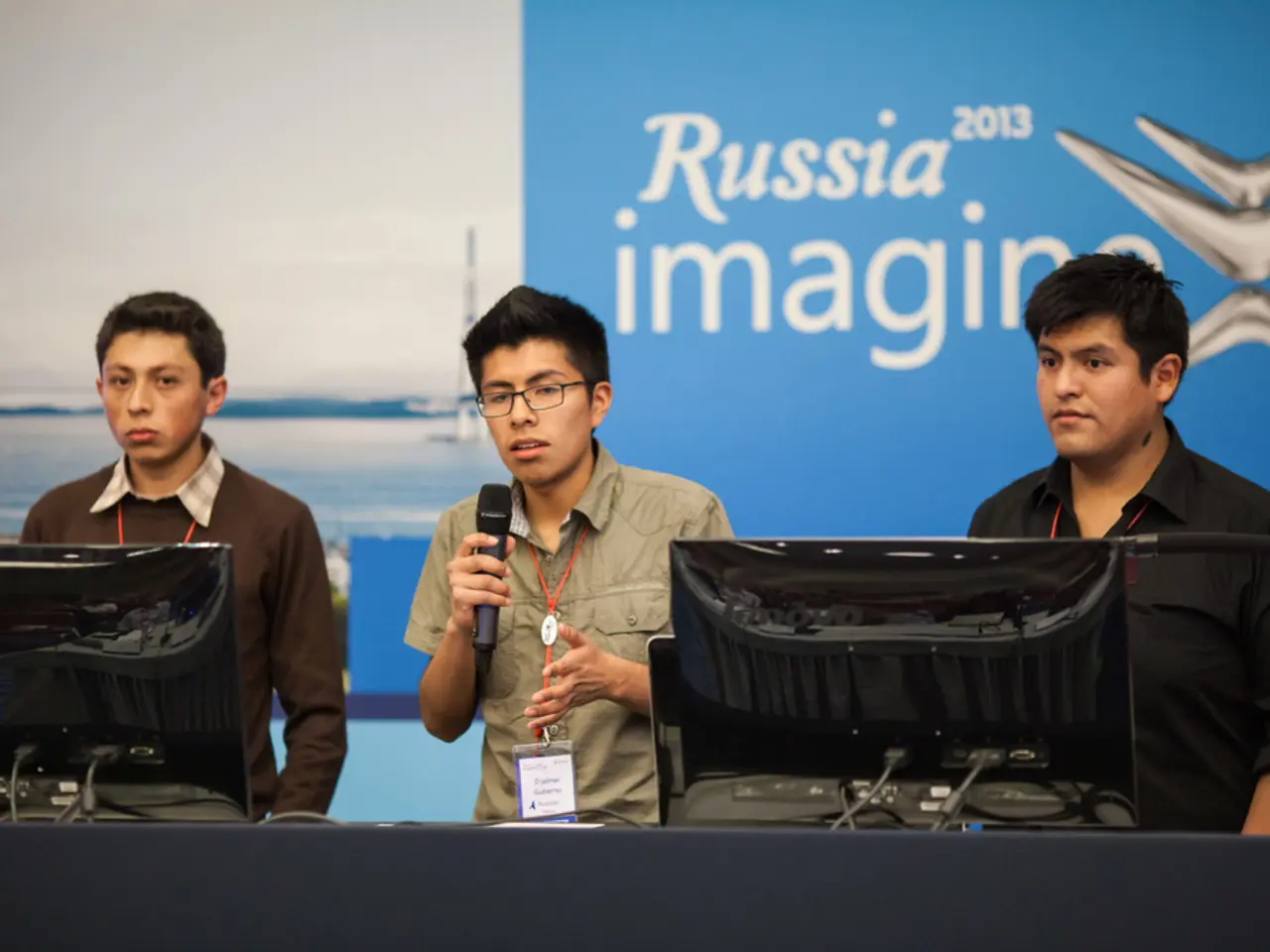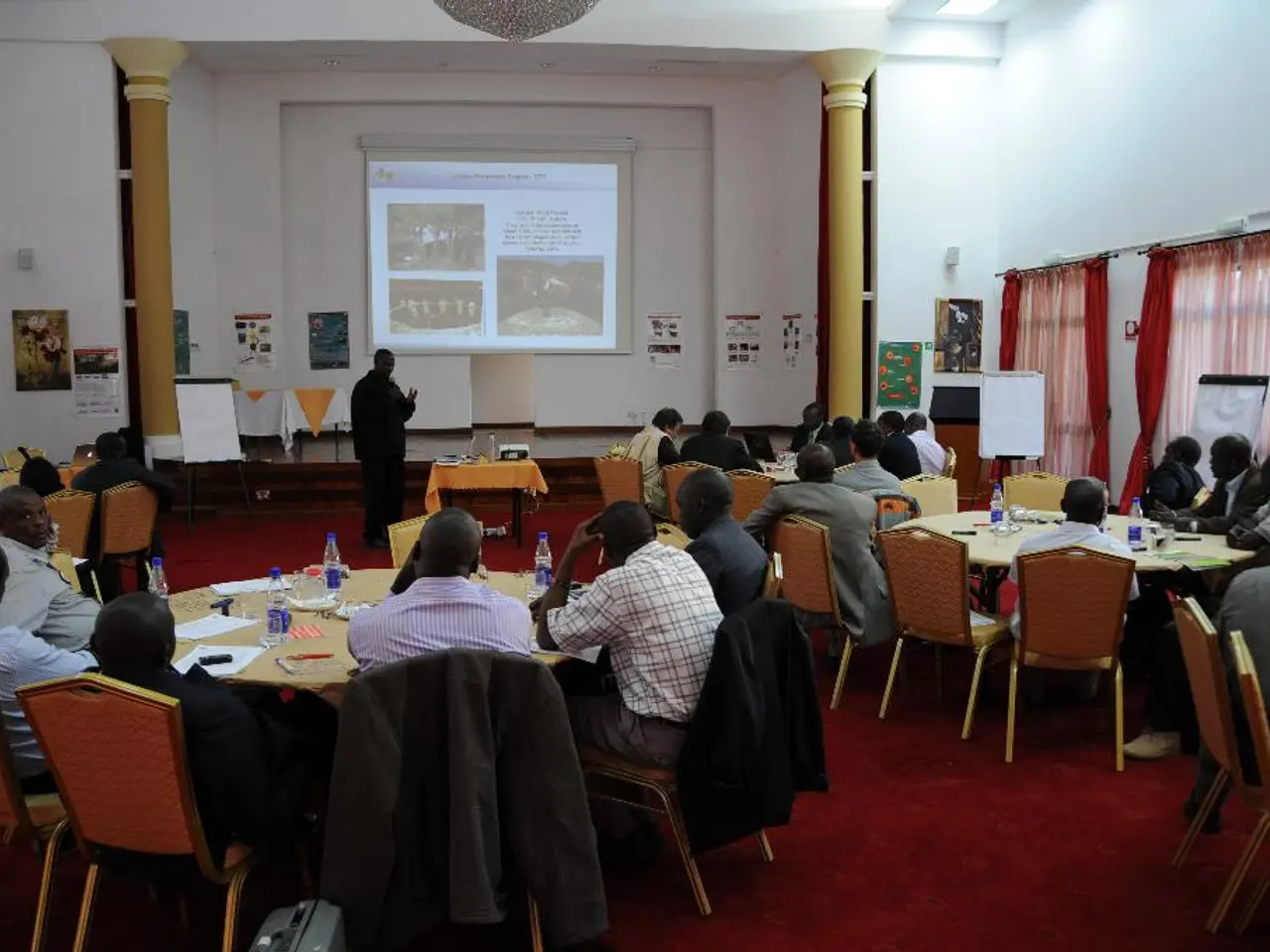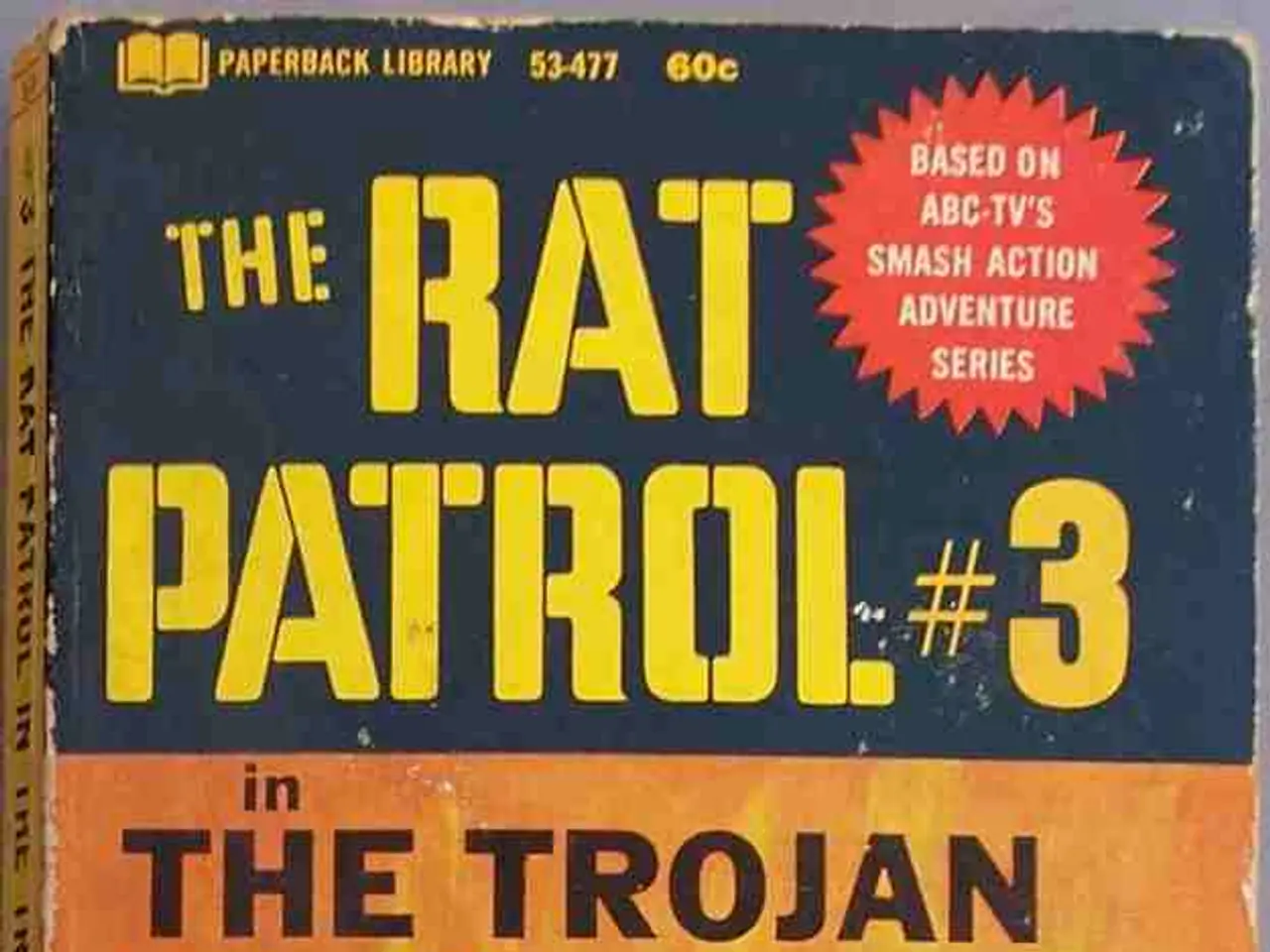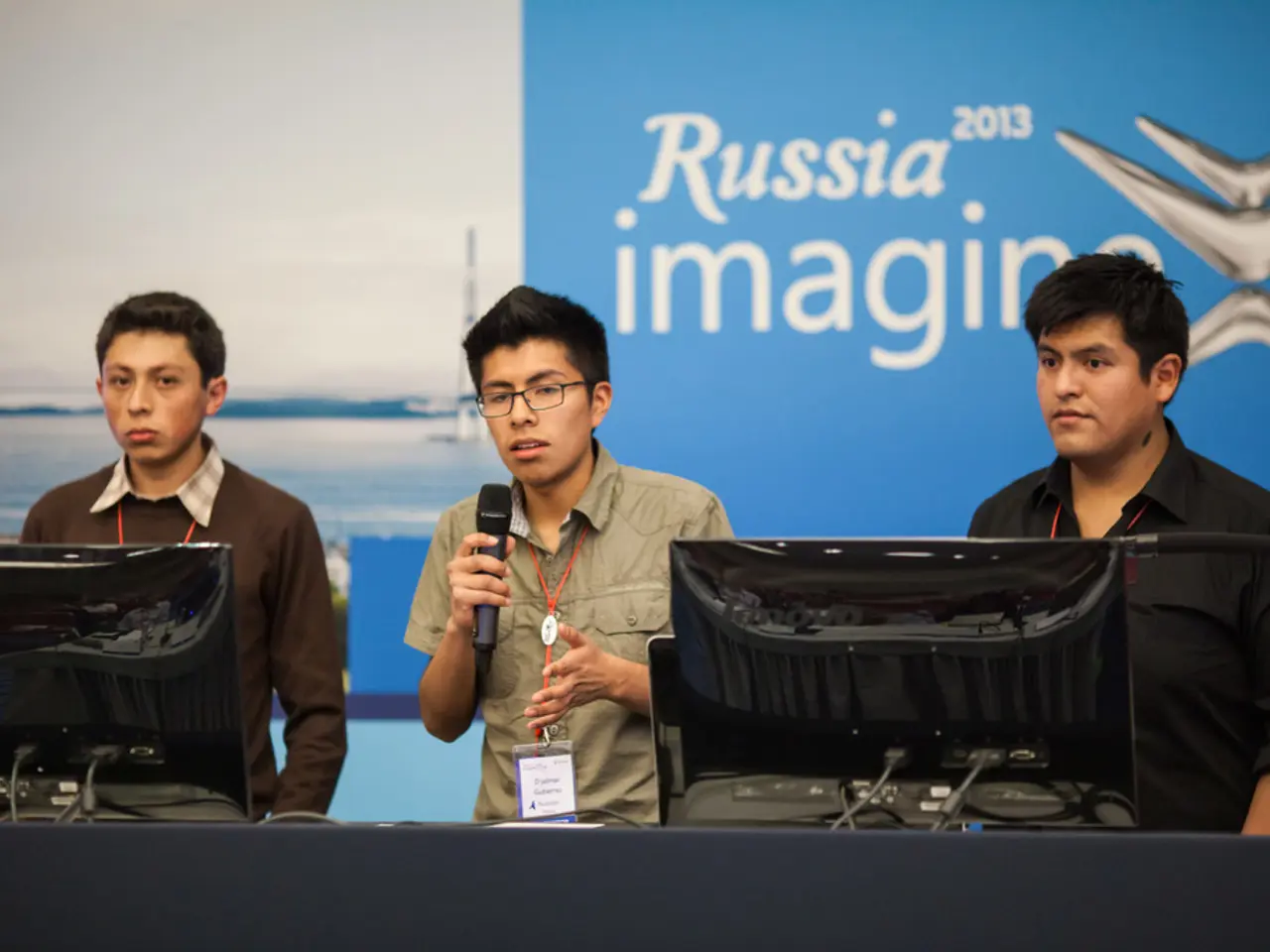Trump's team should prevent Putin from escaping a genuine truce on an ongoing conflict
In a significant diplomatic move, President Donald Trump and Vladimir Putin are set to meet face-to-face in Alaska on Friday. The meeting aims to explore the possibility of a ceasefire in Ukraine, with Trump stating he expects to know within minutes of the meeting whether a peace deal can be made [1][3].
However, the path to a peaceful resolution remains uncertain. Reports suggest that Putin may have softened his territorial demands, potentially limiting them to the Donetsk region rather than a larger set of Ukrainian territories. This indicates some flexibility, though details remain unclear and contested [2][3].
The absence of Ukraine's President Zelenskyy from any direct talks with Putin raises concerns, especially as Ukraine currently controls parts of disputed regions and firmly opposes ceding territory or limiting military capabilities [2][3]. President Zelenskyy has firmly rejected Russia's demands, such as relinquishing territory, limiting Ukraine’s armed forces, and abandoning NATO aspirations, labelling them an attempt to partition Ukraine [3].
From the broader diplomatic perspective, the meeting offers Putin valuable recognition and a chance to shape perceptions, possibly yielding a diplomatic advantage without conceding a true ceasefire or substantial territorial rollback. European leaders are cautioning the U.S. to consider Ukraine and Europe’s position carefully, as there is apprehension that any deal could disproportionately favor Russia [2][1].
In a separate development, Putin is reportedly considering an air truce, which would halt drone and missile attacks. However, the Kremlin must stop all combat for Trump to hold off on imposing punishing tariffs on buyers of Russian goods. Ukraine civilians would appreciate a break in bombing, but the proposed air truce falls short of stopping all combat [1]. Half measures or rumors of them will not be sufficient for Trump [1].
The imposition of full sanctions may be an effective means to pressure Putin into agreement. Trump has found his conversations with Putin to be pleasant but pointless, which led him to move up the deadline for imposing sanctions [1]. If implemented, the air truce would only temporarily stop attacks and allow Russia to stock up for future aggressive actions [1].
Volodymyr Zelensky desires an "honest end" to the war that does not provide an opportunity for Russia to reinvade Ukraine. Putin, on the other hand, is seeking a "phony peace" that grants him control of Luhansk, Donetsk, and the rest of Ukraine's east [1]. Putin will only agree to anything less if he has a "real reason" to do so [1].
In summary, while the meeting could open a channel for ceasefire discussions, outcomes are uncertain. Trump may quickly determine if Putin is serious about peace, but significant challenges remain regarding Ukraine's involvement and Moscow's extensive demands. Potential outcomes range from no deal, a ceasefire limited to Russia's territorial gains, or a broader but controversial agreement that risks sidelining Ukraine’s sovereignty and security concerns [1][2][3].
The upcoming meeting between President Donald Trump and Vladimir Putin in Alaska, though aimed at discussing a potential ceasefire in Ukraine, has sparked concern as Ukraine's President Zelenskyy is absent from direct talks [2]. This political encounter set amidst ongoing war-and-conflicts could lead to general-news headlines, but the path to a peaceful resolution remains unclear [2]. Furthermore, while Putin's reported softening of territorial demands may suggest some flexibility, the contested details and Moscow's extensive demands continue to pose challenge [2].






